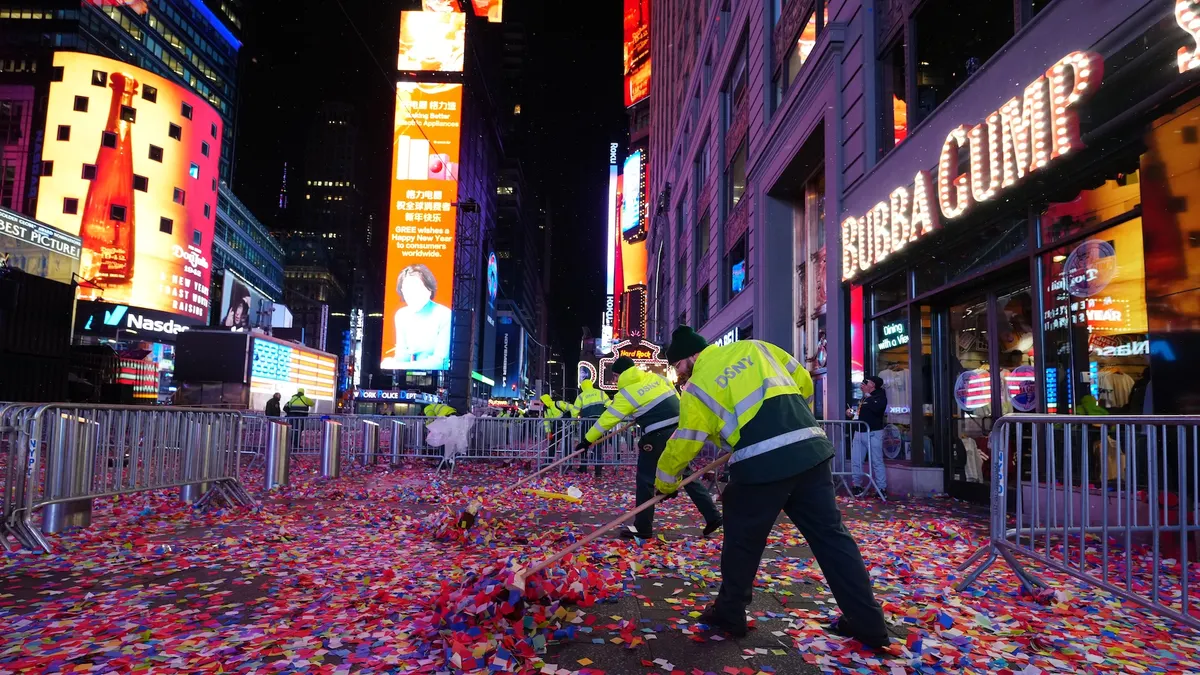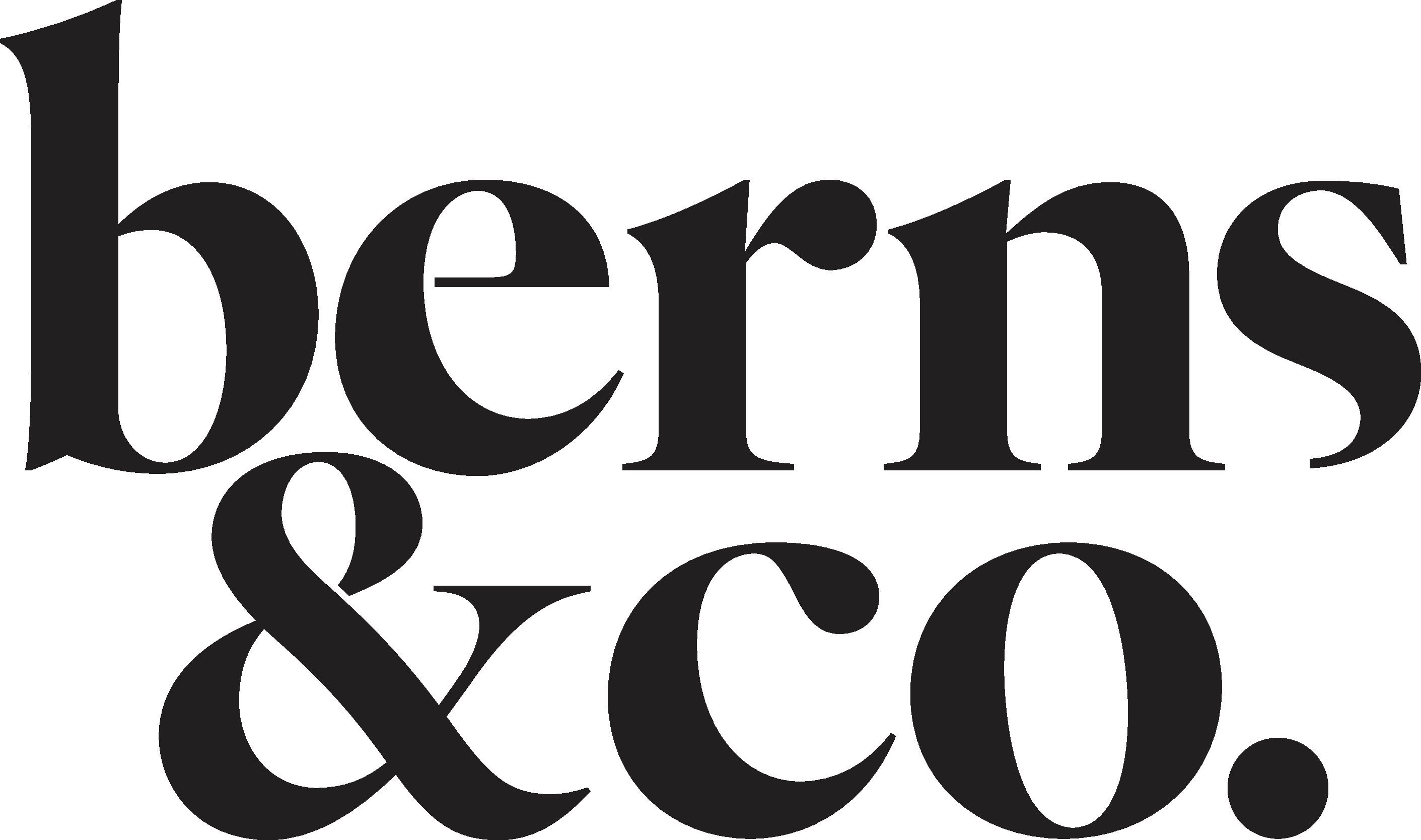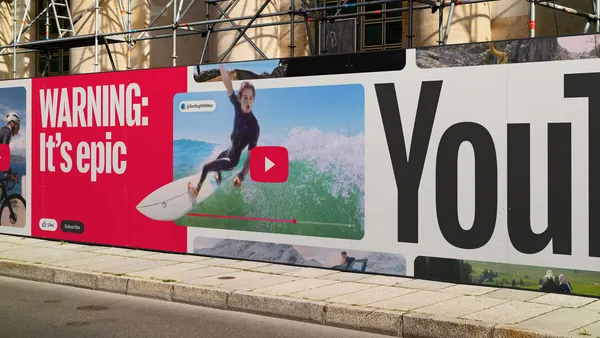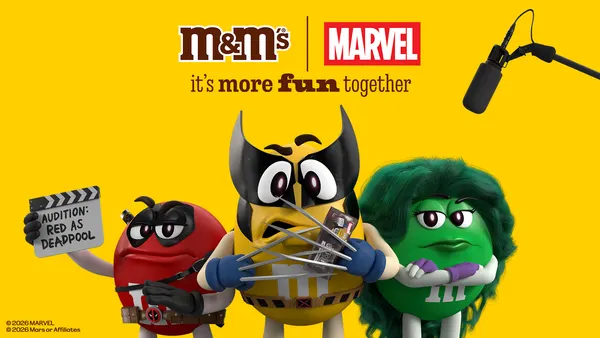Dive Brief:
- Benefits of Super Bowl ads linger in the months following the annual game, with sales boosts during other major sporting events like NCAA March Madness, NBA playoffs and MLB games, a joint study from Stanford University and Humboldt University in Germany found. In the review of Super Bowl advertising from 2006 to 20011, the boost was especially apparent for sole advertisers in a specific product category.
- Budweiser's parent company AB InBev holds exclusive advertising rights in the alcohol category for the Super Bowl, and the beer brand saw sales volume increase 3.9% and revenue climb 4.7% in the weeks following the game when it also advertised during sports events like March Madness, the study found. Coca-Cola, which the study identified as not having as strong of a connection to the Super Bowl as its competitor Pepsi, didn't see much of an increase in sales during Super Bowl week. However, ads do somewhat help sell Coke after the game among sports fans, the study found.
- The research, which examined Super Bowl viewership across the U.S.'s top 56 advertising markets as a function of teams' popularity and corresponding sales of advertised products, specifically looked at product categories with ongoing consumption, including beer and soda, to see whether Super Bowl ads affected consumption. It found the highest gains for brands with a strong Super Bowl connection, such as Budweiser and Pepsi.
Dive Insight:
For brands wondering whether the hefty price tag of advertising space during the Super Bowl, which can cost more than $4 million for a single 30-second spot, is worth it — especially with declining ratings for the NFL and a broader industry trend toward cord cutting — the study's findings signal that there's some value in a brand holding exclusive advertising rights within a product category. The research says doing so generates greater long-term value — even if negotiating exclusive rights comes at a higher cost.
With Super Bowl LII just around the corner on Feb. 4, most brands already have their TV ad buys set, so the findings are not likely to impact advertising plans this year. However, many brands plan their Super Bowl strategy a year or longer in advance, so some marketers could take the findings into account for 2019 and beyond.
Even as audiences shrink, TV inventory, especially around destination viewing live events like the Super Bowl, continues to command sky-high rates that attract established brands like Budweiser and Pepsi with deep pockets.
The study's findings show that Super Bowl advertisers see continued sales increases during other major televised sports events throughout the year. Advertisers that combine Super Bowl TV ads with a strong social media presence or digital campaign further increase the likelihood of long-term effectiveness of their ads by keeping the brand prominent in consumers' minds throughout the spring and summer sports seasons.
NBCUniversal is expected to generate more than $350 million in ad revenue from the 2018 Super Bowl, NBC Sports Group's EVP of advertising and marketing, Dan Lovinger, said in October. The network is also anticipating ad revenues exceeding $935 million from the Winter Olympics, also held in February, hinting at a potential smart opportunity for brands to ramp up their marketing efforts around. Evolving TV-watching habits and the growth of digital TV viewership has prompted NBC to change its TV advertising ratings guarantee for these events from a household guarantee to a metric average of viewers age 2 and up. Results will be provided via advertisers' in-house Total Audience Delivery measurement.












